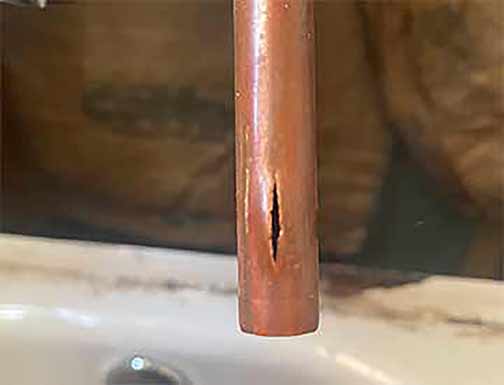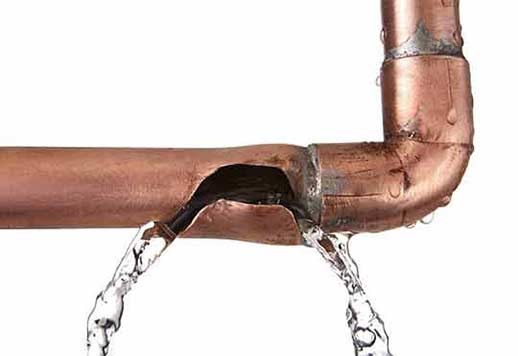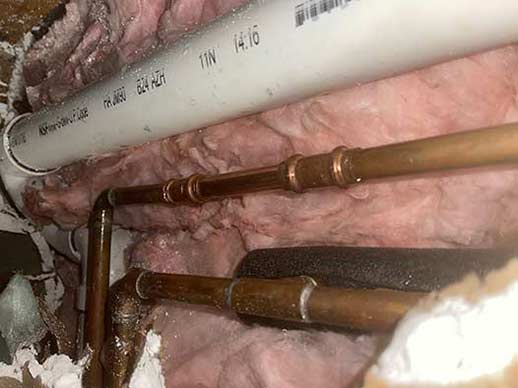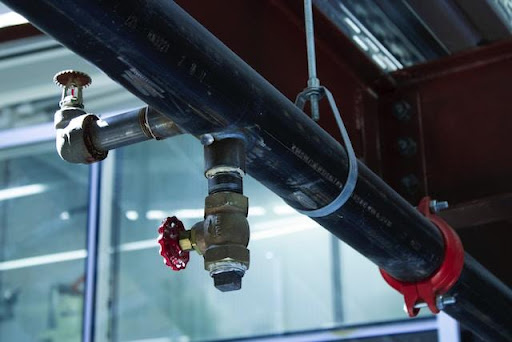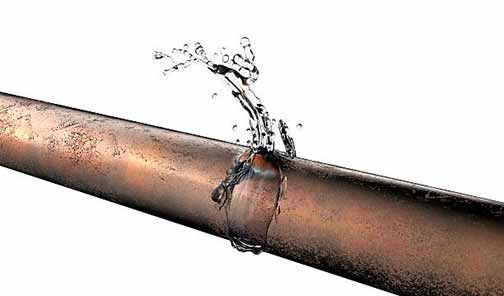
Winter temperatures in Chicago are consistently ranked among the highest in the United States. With temperatures regularly plunging below the freezing point, keeping water pipes safe during winter can be a huge challenge for homeowners in Lincoln Park.
Frozen pipes in the dead of winter mean that all or some parts of your home will have to go without water for extended periods, says Sunnyside Properties. This problem doesn’t always end after the pipe has thawed because frozen pipes can quickly become burst pipes that cause water damage to your home.
The major challenge with frozen pipes is the problem often happens without prior warning. Pipes in the unheated spaces in your home can freeze and thaw all by themselves. The only sign you will have of the event is that you may be left with a burst pipe inside the house.
Is there a way to prevent this problem? Thankfully, there are several things you can do to stop your pipes from bursting during winter. Some of these steps involve using items you already have in your home. Others may require you to buy some stuff. But all are fully explained below.
Steps for preventing burst pipes in your Lincoln Park, Chicago home
Temporarily block crawlspace vents
During winter, crawlspaces act as entry points for cold drafts that increase the risk of frozen pipes in your home. A cold crawlspace can cool your floors and increase heating costs. To stop this problem, it is best to seal off crawlspace vents for winter. If your crawlspace has a dirt floor, you may want to cover it with a good vapor barrier before doing this. Alternatively, you can insulate your subfloor. Polystyrene foam is a great material to use if you want to block the vents in your crawlspace.
Insulate exposed pipes
Even if your home is heated, exposed pipes in the crawlspace, garage, basement and other unheated spaces can still cause your pipes to freeze. To prevent this, you want to insulate all the pipes that bring water into your home. For ease of installation and affordability, you should use foam insulation. It is easy to work with and will fit around corners. You also want to seal the cracks and openings where pipes penetrate the walls of your home.
Disconnect and drain garden hoses and outdoor faucets
This will prevent water damage to these fixtures and lower the risk of frozen pipes inside your home. To do this step, locate the shut-off valve for the outdoor faucet and turn it clockwise to close it. Disconnect the hose, lower one end and lift the other to drain it. Make sure there is no water left inside the hose. Coil the hose and store it in a safe place to prevent damage from snow and ice. Open the faucet and let it drain completely.
Install freeze-proof faucets or frost-proof spigots in outdoor areas
Freeze-proof outdoor faucets prevent frozen pipes by protecting outdoor and indoor plumbing from freezing temperatures. Freeze-proof faucets have their valves far inside the house. That ensures that the water behind the valve doesn’t freeze and transfers cold temperatures to the water pipes inside the home. Frost-proof spigots also slope downward toward the spout. This unique feature helps to drain water and prevent ice buildup.
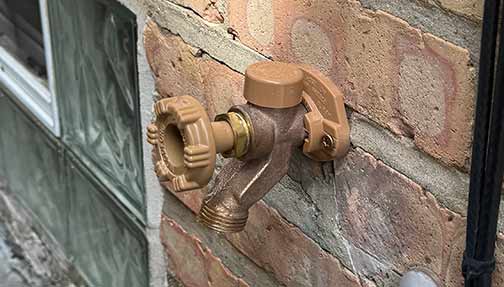
Freeze-proof outdoor faucets prevent frozen pipes by protecting outdoor and indoor plumbing from freezing temperatures.
Keep your home warm at all times
You don’t want to leave your home without sufficient heating during the winter months, even if you plan to go away for a long period. To prevent frozen pipes, the thermostat should never be turned down below 70° (F). The additional energy costs of this step are nothing compared to the cost of fixing water damage resulting from a burst pipe emergency in your home.
Let hot and cold water faucets drip
Opening one or two cold and hot water faucets inside the home to let water drip will protect your water pipes from freezing. The constant dripping ensures that water is always flowing through the pipes. Water is less likely to freeze when it is moving. If you are worried about wasting water, place a container under the faucet to catch water. In any case, the cost of that water doesn’t compare to the potential damage from a frozen pipe.
Leave cabinet doors slightly-open
When they are closed, cabinet doors prevent warm air from circulating to the insides of the cabinets, resulting in pipes in under-the-sink areas becoming prone to freezing. To stop this problem, keep cabinet doors in these parts of your home slightly open. You will protect your pipes by letting the warm air flow into the normally cold recesses of those cabinets.
Finally, before implementing these steps, it is a good idea to have a nearby Lincoln Park plumber do a careful inspection of your plumbing. This will help you find leaks and weak spots in the plumbing that predispose the system to frozen and burst pipes.
